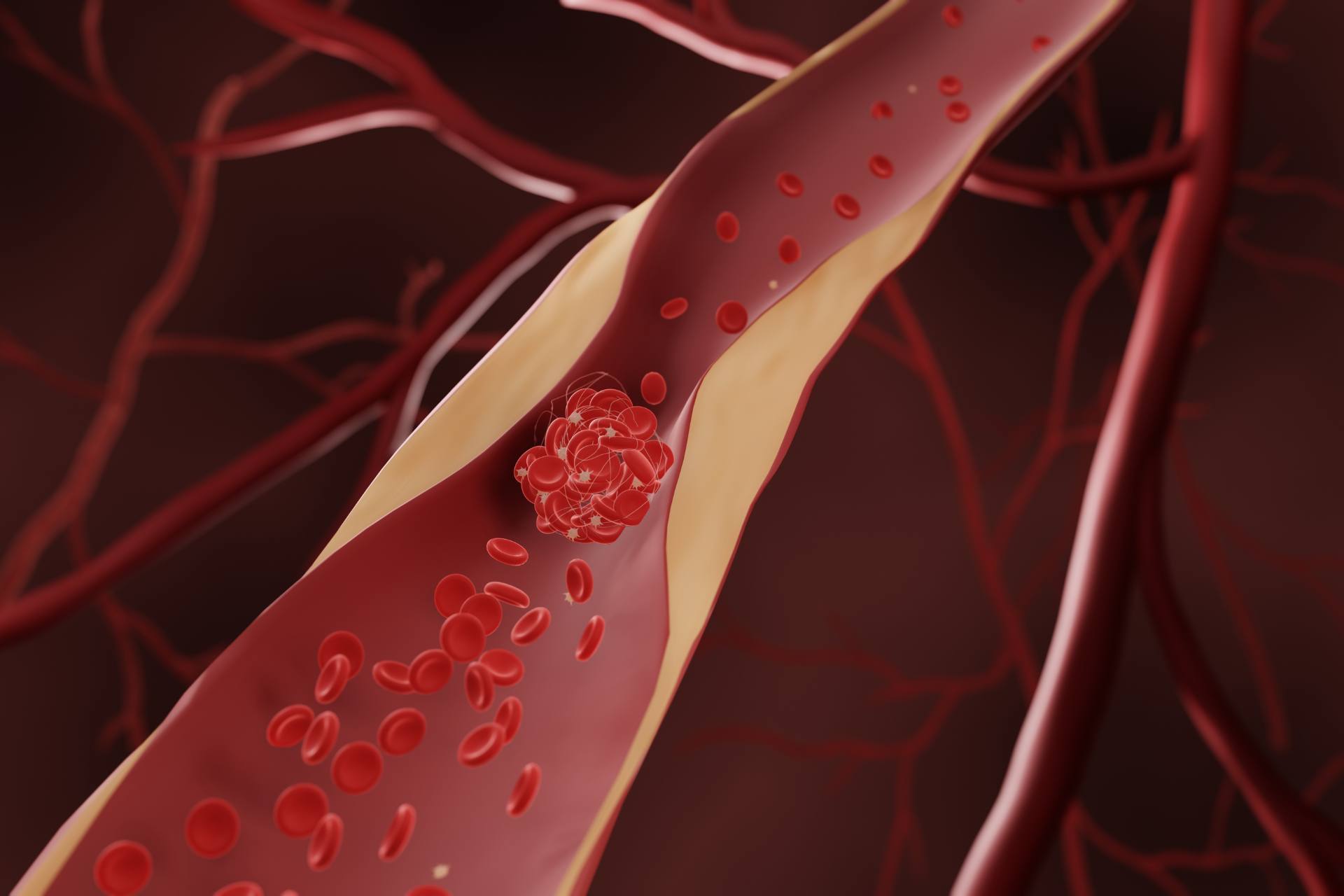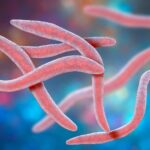What is already known
More than 17 million people every year die because of cardiovascular diseases. Although gut bacteria and their metabolites can contribute to several metabolic diseases such as obesity, little is known about the interplay among the gut microbiota and the main underlying cause of cardiovascular disease — atherosclerosis, or the build-up of fats, cholesterol and other substances in the artery walls.
What this research adds
Researchers have found that a synthetic ganoderma-meroterpene derivative (GMD), which was initially isolated from Ganoderma mushrooms, protects mice against obesity-associated atherosclerosis. The metabolite increases the abundance of the commensal microbe Parabacteroides merdae in the mice gut and boosts the breakdown of essential amino acids into branched-short chain fatty acids, which are known to modulate glucose and lipid metabolism. Giving P. merdae to a mouse model of atherosclerosis prevented the progression of the disease by reducing lesions in the artery walls. The levels of P. merdae appeared to be reduced in the gut microbiota of people with cardiovascular disease.
Conclusions
The findings suggest that GMD exerts beneficial effects by modulating the gut microbiota. They also indicate that specific bacteria could be targeted for treating atherosclerosis and related cardiovascular diseases.
More than 17 million people every year die because of cardiovascular diseases. New research in mice suggests that targeting specific gut bacteria could help treat one of the main causes of cardiovascular disease.
The findings, published in Nature Metabolism, also support the idea that a metabolite isolated from mushrooms used in traditional medicine in Asia exerts beneficial effects by modulating the gut microbiota.
Although gut bacteria and their metabolites can contribute to several metabolic diseases such as obesity, little is known about the interplay among the gut microbiota and atherosclerosis — the build-up of fats, cholesterol and other substances in the artery walls.
“Atherosclerosis, characterized by the formation of plaque on vessel walls, endothelial dysfunction and inflammation of the arterial wall, is a leading cause of [cardiovascular disease],” note the study authors, who were led by Shuang-Jiang Liu and Hongwei Liu at the Chinese Academy of Sciences.
Previous work from the same group suggested that a synthetic ganoderma-meroterpene derivative (GMD), which was initially isolated from Ganoderma mushrooms, has beneficial effects on glucose and lipid metabolism. So, the researchers set out to test whether GMD could also protect mice from obesity-associated atherosclerosis.
Beneficial bacteria
The researchers induced the formation of plaques on artery walls by feeding a mouse model of atherosclerosis a high-fat Western diet. However, giving mice GMD prevented the progression of atherosclerosis by reducing lesions in the artery walls, the team found.
The metabolite appeared to increase the abundance of the commensal microbe Parabacteroides merdae in the mice’s guts. It also boosted the breakdown of essential amino acids called branched chain amino acids, or BCAAs, into branched-short chain fatty acids, which are known to modulate glucose and lipid metabolism.
P. merdae strains that lacked porA, a microbial gene involved in the metabolism of BCAAs, didn’t show the same protective effects, the researchers found.
Curbing atherosclerosis
The team also found that P. merdae inhibits the mTOR signaling pathway in atherosclerotic plaques. Scientists have known that mTOR regulates the proliferation and migration of cells during the progression of atherosclerosis. By inhibiting mTOR, it’s possible to stabilize atherosclerotic plaques and slow down the progression of atherosclerosis.
To validate their findings, the researchers assessed the levels of P. merdae in two groups of people with cardiovascular disease. P. merdae was less abundant in the gut microbiota of these individuals, who also had higher levels of circulating BCAAs.
How GMD may increase the abundance of P. merdae in the gut remains unknown, and it’s unclear whether the results generalize to humans. The study, however, “provides evidence for the beneficial effects of GMD and the gut commensal bacterium P. merdae against obesity-related atherosclerosis,” the authors say.











